On 4/23/2021, Hunter hosted this public program.
Reckoning with Monuments and Public Commemoration
Monuments, public memorials and historical memory are the products of decisions made always, in part, for political reasons. As we assess our current democratic crisis, material culture and commemoration have become subjects of intense debate. Humanities scholars in the arts, literature, museum studies, history, education, and philosophy will weigh in on the multiple considerations that should help us all to navigate these new debates.
This was the last of three roundtables of the Public Humanities and the Democratic Commons Conference.
Hunter College extends its thanks and appreciation to the Andrew W. Mellon Foundation for its generous support of the Mellon Public Humanities Scholars Program and this conference.
Featuring:
- Monica Muñoz Martinez, University of Texas at Austin
- Alexandria Russell, Rutgers University
- Kirk Savage, University of Pittsburg
- James Young, University of Massachusetts Amherst
- Sandra Shapshay, Hunter College (moderator)
About the Public Humanities and the Democratic Commons Conference
The public sphere for democratic debate is experiencing a real crisis in our country. Revisiting the ideal of the “democratic commons” is a way to explore our current challenges as well as feasible solutions. The democratic commons is a grand vision of open public space in which all can air their views and every constituency can be represented, whether these are defined in terms of social identities, economic classes, or political allegiances. For this open, imagined space to work in a meaningful way, we need not only safety, but a shared commitment to civil engagement and the right of all to be included.
Key to the health and vigor of our public spaces are various forms of popular media that have the potential for greater democratic participation than ever before, even while they have also become sites for advancing injustice. Also crucial for maintaining an inclusive public sphere is a consideration of the material culture of our current public spaces, our monuments and public commemorations. This conference—organized across three Friday afternoons in April—brought together a variety of scholars and practitioners with decades of experience engaged in the public work of the humanities in regard to all of these pressing issues. Our aim is to promote the idea of the Public Humanities as a way to advance our collective understanding of the crisis in democracy encountered today.
The Public Humanities and the Democratic Commons Conference is produced by the Mellon Public Humanities Scholars Program at Hunter College in collaboration with the Roosevelt House Public Policy Institute at Hunter College.
Watch the program below.

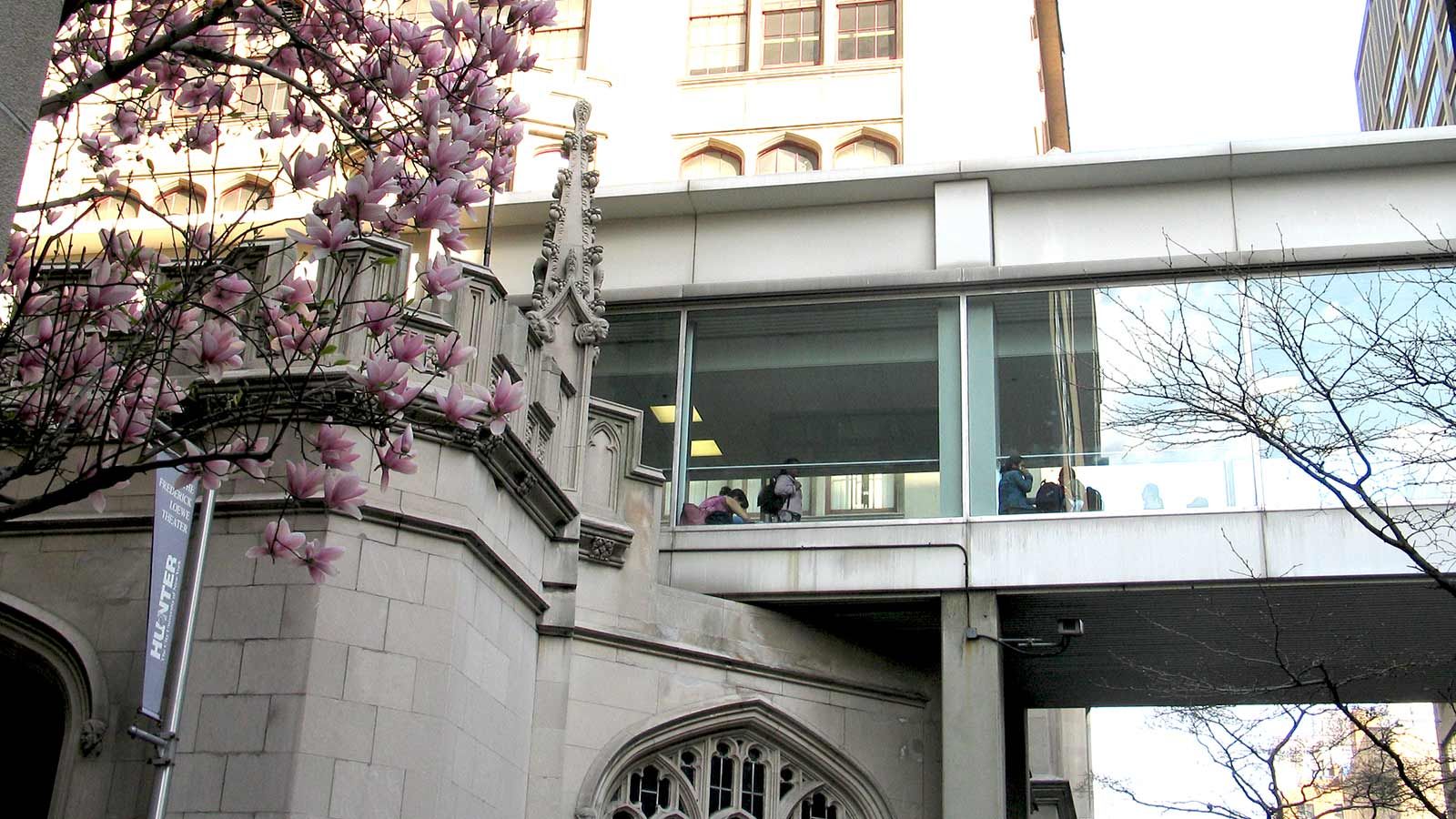
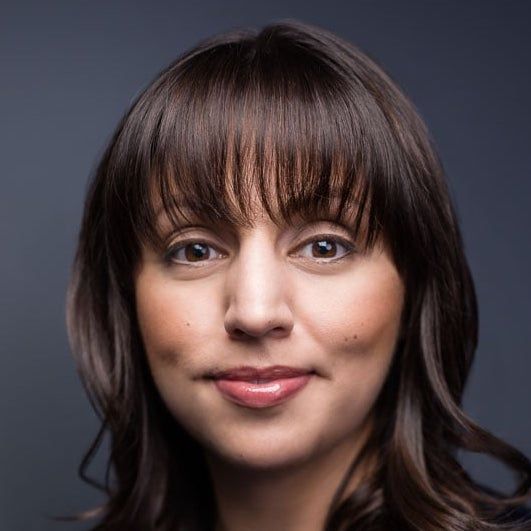 Monica Muñoz Martinez is an associate professor of History at the University of Texas, Austin. She wrote the award-winning book
Monica Muñoz Martinez is an associate professor of History at the University of Texas, Austin. She wrote the award-winning book 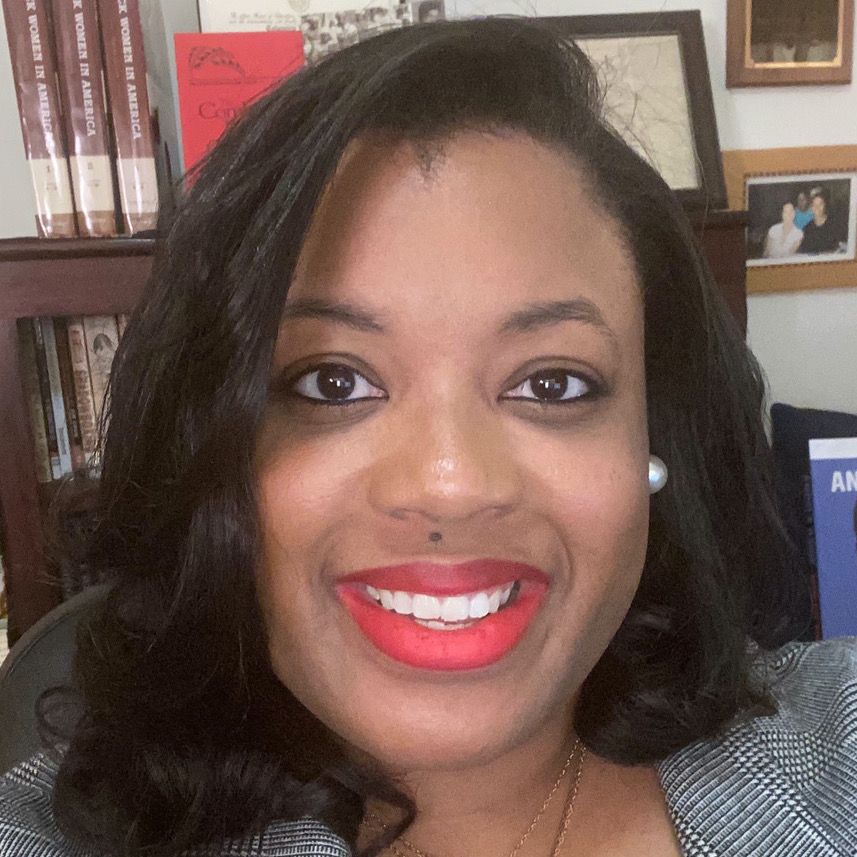 Alexandria Russell
Alexandria Russell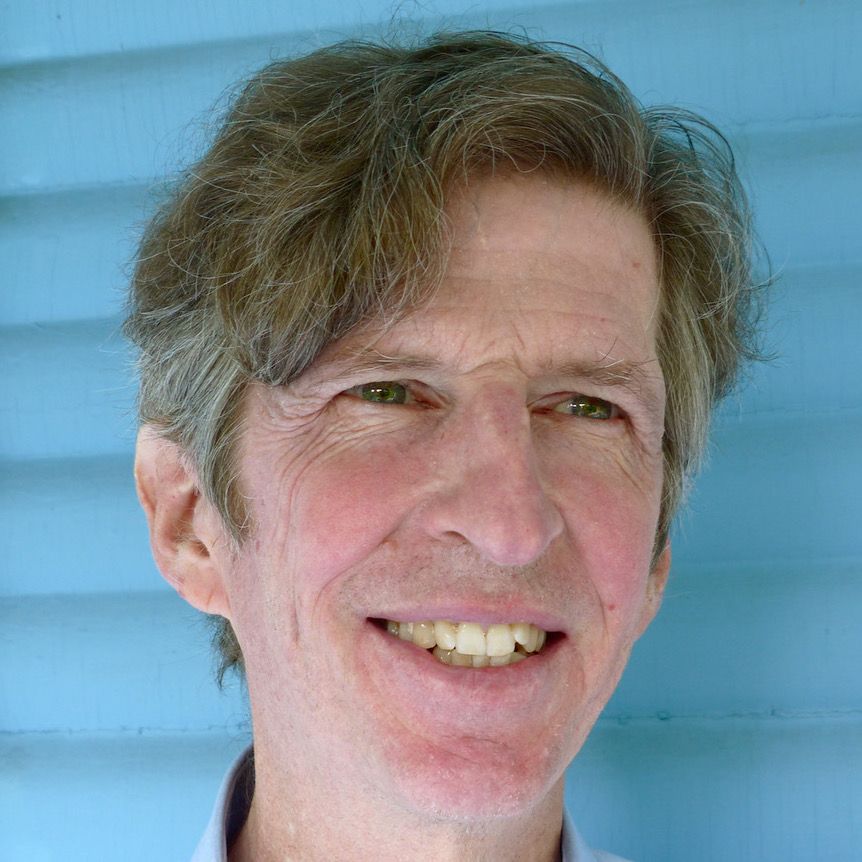 Kirk Savage
Kirk Savage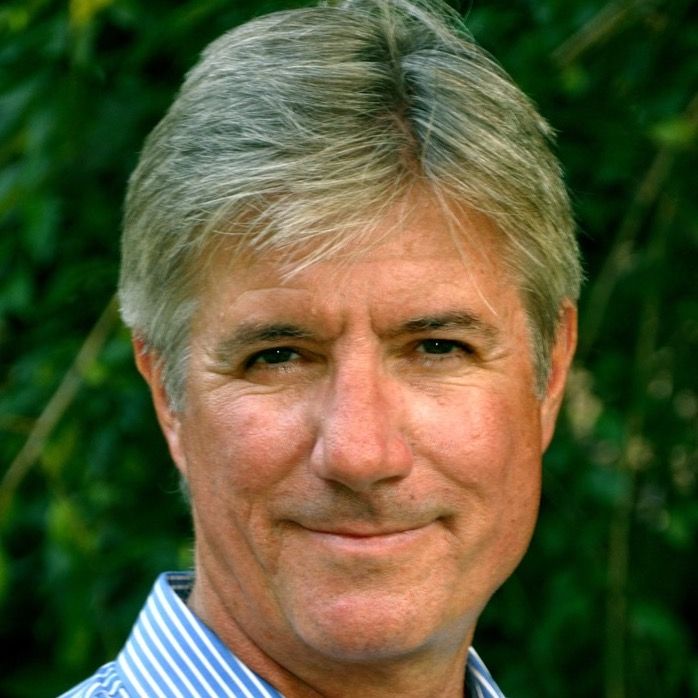 James Young
James Young  Sandra Shapshay
Sandra Shapshay 